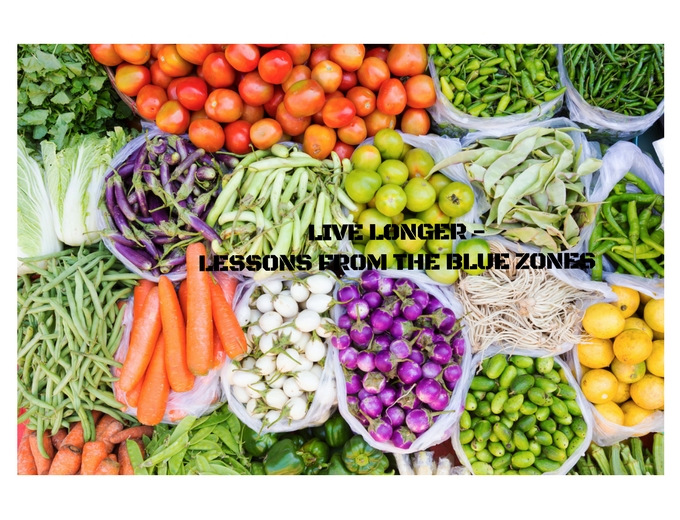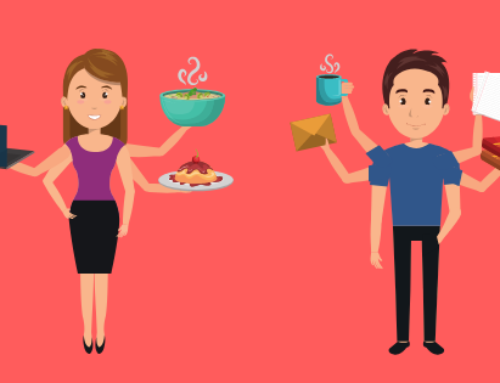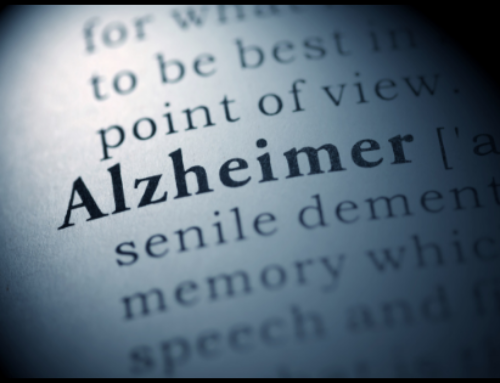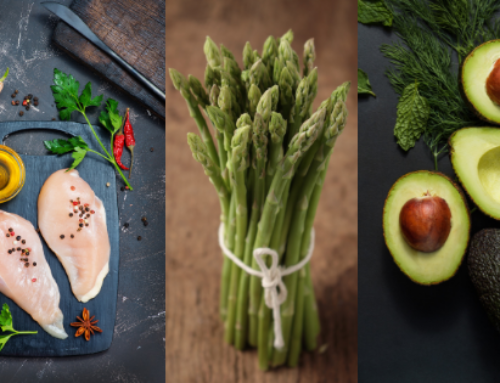We are constantly chasing longevity in our culture. Ads for “anti-aging products” and treatments appear in the media all the time. Just look at any “toiletries” shelf in your local CVS, Walgreen’s etc. There are anti-aging body cream, face cream, skin care products, shampoos, even lip glosses!
Perhaps we would be better served by looking at the cultures around the world where people are living the longest, healthiest lives. These places have been named “The Blue Zones” because a team of researchers once circled a target region on a map with blue ink.
Lets take some lessons from the top 5 “Blue Zone” cultures and see how we can incorporate some practices in our fast paced, hectic, stressful daily lives.
Dan Buettner is the founder of Blue Zones, an organization that helps Americans live longer, healthier lives. He has written three national best sellers on the Blue Zones and is a keynote speaker for Clinton’s Health Matters Initiative and several others.
The cultures that were studied by Buettner are:
Ikaria, Greece: stands out for lowest rates of dementia
Okinawa, Japan: stands out for longest lived women
Ogilastra region, Sardinia: highest concentration of men 100 years and older
Loma Linda, California: some residents known to live 10 more years than the average American
Nicoya Peninsula, Costa Rice: lowest rates of middle-aged mortality and second highest concentration of centenarian men.
It would be nice to think we could pack up and “run away” to one of these beautiful islands but most of us are tied to families, jobs, careers and solidly rooted to the areas we live in which do not boast these extraordinary longevity statistics.
Even so – we can incorporate aspects of what is being called the “Power Nine” in our daily lives and improve the quality (free of chronic illness) and duration of our time here.
What is “Power Nine”? So glad you asked….
These are nine healthy habits that are shared throughout these 5 Blue Zone cultures that contribute to their beautiful, active, joyous and very long lives:
Move Naturally. These people are always moving. Their environment requires that they walk to work, to visit friends, to worship, etc.
Purpose. In every single Blue Zone region people say they have a “reason to live” beyond their jobs and/or careers. Research shows that have a sense of purpose or “reason to wake up in the morning” can earn you up to seven years of extra life expectancy.
Downshift. This is code for “destressing”. Examples from these cultures are taking time to remember ancestors, praying, napping and “happy hour”. Sardinians drink an average of 3-4 (small 3 ounce) glasses of their distinctive garnet-red wine a day. (we do plenty of the last one here in the States!)
80 percent rule. In Okinawa people remind themselves to stop eating when their tummies are 80 % full – they use the phrase Hara hachi bu. It is said that if Americans adopted this rule they could lose an average of 17 pounds in the first year.
Plants are in! Beans are the cornerstone of most centenarian diets. We believe strongly in animal protein in moderate amounts. When combined with small amounts of beans (high in carbohydrates – but also high in fiber) results in healthy protein portions.
Wine Is fine. People in all the Blue Zones drink alcohol moderately and regularly. Remember the key is moderately.
Right tribe. Social circles can support healthy behaviors. Okinawans create “moais” – groups of 5 friends who are committed to each other for life.
Community. Research shows that attending faith-based services four times a motnh adds 4 to 14 years of life expectancy. This does not necessarily mean religious services. There are many spiritual centers and spiritual based programs available to us in this area.
Loved ones first. Blue Zone centenarians put their families first. They invest great amounts of time and love – children care for elders. Having a life partner can add 3 years to life expectancy.
This may seem altogether too idealistic for those of us in the tri-state area living in “treadmill” mode. Sure- most of us are not going to live off our own land and fish in the stream or forage for food. However, it is surprisingly possible to incorporate the core beliefs of “blue zone” regions into your lifestyle.
Here is an example of how you can “Blue” your kitchen (since that is my favorite room and the one where those delicious, “longevity meals” will be prepared.)
Remember that where you cook and eat really matters.
Have plenty of cleared counter space. It is much more inviting and much easier to cook if there is plenty of room to chop, shred, dice and slice.
Good lighting. You will ensure more enjoyment of preparing your food if your space has ample light. Try using warm incandescent bulbs instead of fluorescent lights.
Small pantry. The supersize products so popular from warehouse stores like Costco and BJ’s only lead to overeating. Studies have shown that people prepared 23 % more food when cooking from large containers and boxes. Limit the space so you will limit your supply of excess food – especially the boxes of cereal, snacks and junk foods that work against extending life expectancy.
The right equipment. Having proper kitchen tools will enhance your cooking experience and encourage you to use less electrical appliances. Using more hand operated tools will have you moving more naturally and connecting on a deeper level with the foods you are preparing.
Tips for the Transition:
Use smaller dinner plates (no larger than 10 inches)
Keep unhealthy snacks out of sight (in a drawer or cabinet you don’t often open) – better yet don’t buy them!
Plate your entire meal in the kitchen and put leftovers away before sitting down to eat.
Keep cut up veggies and bowls of fruit in the front of your refrigerator (or right on your kitchen table – you can refrigerate them at night and keep them out at room temp during the day!)
Use hand operated kitchen tools whenever possible ( i.e. garlic press, mortal and pestle, potato masher, whisk, box grater – you’ll burn more calories and, more importantly, connect with the food you are preparing)
Remove t.v., cell phone, computers from the kitchen and/or dining room!
The best tip of all – think of these changes as your part of something important – something bigger that could be integrated in your community for the spread of better health and well-being!






